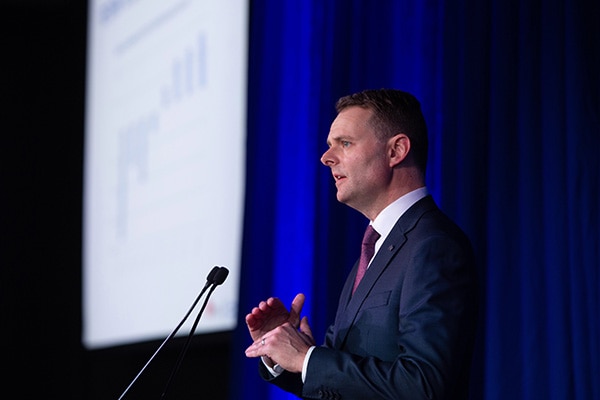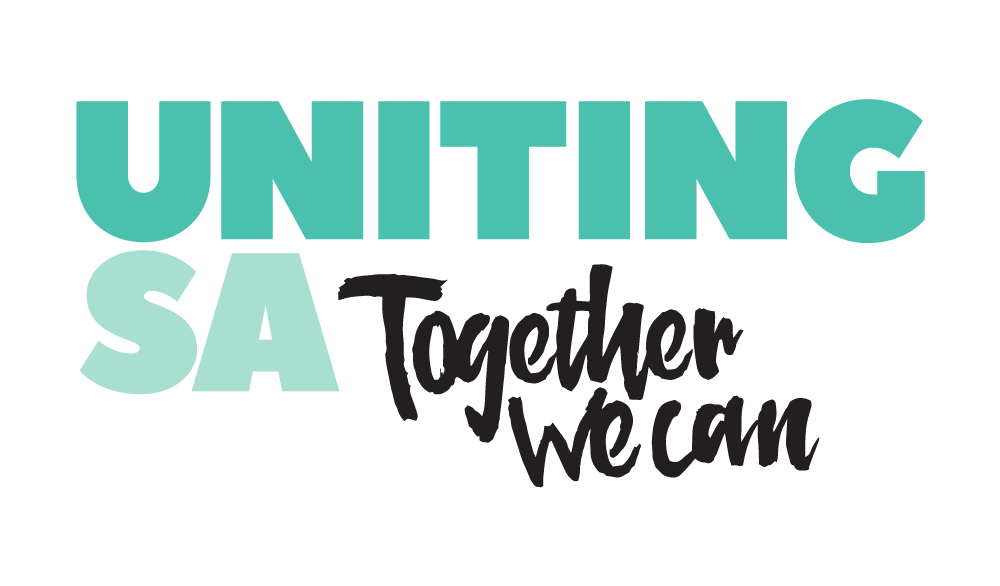This week’s State Budget targets critical issues like the housing crisis and soaring energy costs, but doesn’t go far enough to alleviate ongoing cost-of-living pressures for our most vulnerable.
UnitingSA CEO Jenny Hall said while the State Government should be commended for its focus on addressing SA’s affordable housing shortage, the reality is the average family would still be left struggling to make ends meet.
“The promise of 1200 more social and affordable homes, a commitment to increasing public housing stock, and the abolishment of stamp duty are all welcome, but the truth is this is only a drop in the ocean when we look at the demand for housing in this State,” Ms Hall said.
“There are currently more than 15,000 people on the public housing waiting list, with some people waiting years, or even decades, to be housed.
“As a social and affordable community housing provider, we know the demand is much greater than the budget allows for, and demand will only grow as more and more people are forced into the rental market.
“While the abolishment of stamp duty will be welcome by many, building a home remains out of reach for a large proportion of South Australians who are continuing to make increasingly tough decisions about whether to put food on the table, petrol in the tank, or go without medicine.
“We look forward to partnering with Government to find more solutions.”

Treasurer Stephen Mulligan delivered the state budget on Thursday (Image: InDaily)
Ms Hall said the energy rebate would provide 420,000 households with a $500 saving on their power bills, but was far from the longer term measures needed to have a real impact.
“With South Australians already paying the highest electricity bills in Australia, this once-off payment is only a temporary solution with families still facing the long-term strain on household budgets,” Ms Hall said.
“We need to see permanent, energy efficiency measures, like solar, made available to low income households to provide long-term solutions, not just a one-off payment which will only help in the short term.”
Ms Hall said the $4 million commitment to food relief charities like Foodbank and the School Breakfast Program was positive, but highlighted that more and more families were facing food insecurity due to cost of living pressures.
“It’s also fantastic to see Tauondi Aboriginal College in Port Adelaide receive $1.5 million each year, for the next five years,” Ms Hall said. “Tauondi provides vital support for First Nations students and this funding will secure the future of this program, providing pathways to education and employment and better futures for students.”
“It’s also good to see that non-government organisations like UnitingSA, that maintain social, community, home care, homelessness and disability services, could receive targeted support from the $57.2 million package for not for profits, but we need to see more detail about how this will work.
“Unfortunately, for our services, funding for our programs is failing to keep pace with inflationary pressures and the mounting increase in demand.
“The urgency of this situation, if not addressed, will mean that we are turning people away who need our help here and now.”
For further information:
Gail Heritage,
Media and Communications Lead
P. 0466 419 528 E. gheritage@unitingsa.com.au
Background: UnitingSA is a part of the UnitingCare Australia national body, the largest social services network in the country. The network supports 1.4 million people every year across 1600 sites in urban rural and remote communities, with over 50,000 staff and 30,000 volunteers. It is also Australia’s largest network of not-for-profit aged care providers, supporting 97,000 older people.
